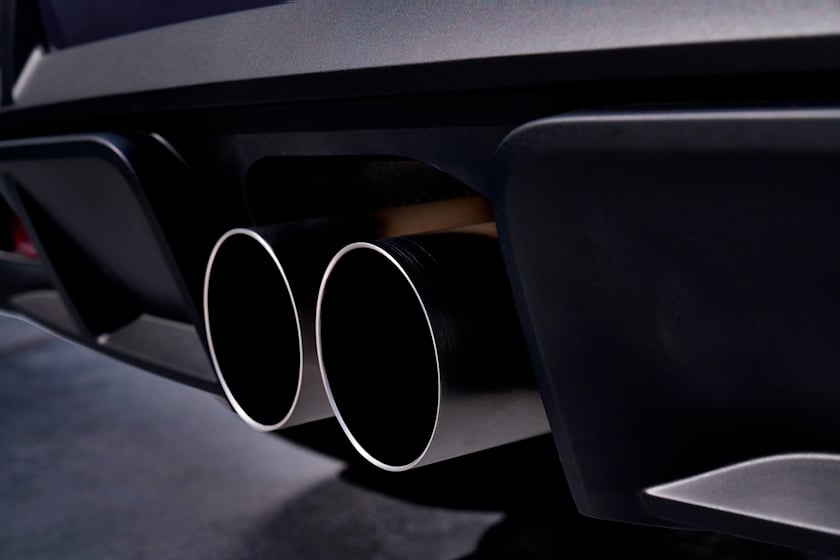Being covered shouldn't be more trouble than it's worth
We live in a world of uncertainty, and every time you get behind the wheel of your car, you are at risk of being involved in an accident, even if you're a cautious driver. This is why car insurance is a legal requirement in most states. Even if it weren't, why run the risk of losing one of your most valuable assets, or even racking up medical bills in the event that you get injured while driving? There is no such thing as a risk-free life, but you can, and should, do your best to mitigate these risks. So, whether this is your first time shopping for car insurance, or if you are a veteran who is looking to reduce the cost of their car insurance, here is everything you need to know.
What car insurance is, just like any other form of insurance, is an agreement between you and an insurance agency: you promise to pay a monthly premium regardless of whether or not damages are incurred and, in turn, the provider promises to assist you with the much higher costs that go along with a crash, if it happens. This may seem like a waste of money if you are never actually involved in an accident, but a single serious incident can easily offset months, or even years, of payments. By paying a little bit each month, when you can afford it, you will be covered in the event that you have to make a massive payment when you can't afford it.
Following on from the what is the why. The simple answer is that, in most cases, any driver is legally required to be insured. However, the benefits of car insurance for drivers, both new and old, are undeniable. Most people don't have thousands of dollars just lying around to pay for the extensive repairs and/or medical bills that go along with a serious accident - this goes not just for your own car and bills, but for someone else's too, if you are financially liable. Even a minor fender bender can end up costing you a lot more than you may expect. Depending on the level of coverage, and how you set up your deductibles, you can get a high enough payout that will cover you comprehensively to repair, or replace, your vehicle should the need arise.
Still, there is a lot more that goes into calculating your car insurance coverage than simply signing a few papers thrust in front of you by a broker. Exactly how much your car insurance will pay out depends on your package. This is to say that there are many different types of car insurance and you need to pick and choose between the ones that are most relevant to you. Here are some of the most common categories:
Additional options include:
If you're shopping for cheap car insurance, there are a number of factors to take into consideration. Here are some tips to consider when you are looking to insure a new car:
When first looking for an insurer, it is not uncommon to ask how much you should pay for car insurance. Numerous car analysts and online magazines get insurance quotes from a variety of companies and compare them. In the USA, some of the most reputable and affordable providers include USAA, Geico, State Farm, Travelers, and Progressive
It is hard to get a solid figure in this area, since each driver is different, with varying degrees of risk and credit ratings. However, there are some surveys available, which show that drivers of around 40 years of age, with a solid credit rating, spend approximately $1,400 on insurance per year. This equates to around $115 - $120 per month for minimal coverage. Naturally, used car insurance is cheaper than new, and the more you include in your package, the more you will spend.
This depends largely on the type of coverage you have. Unless specified as such, many insurers will not pay out if the vehicle is damaged while someone not named on the policy is driving. Damage caused by wear and tear is also not covered by an insurance policy, so it's always in your best interest to ensure your car is well-maintained. Follow this guide for an easy car maintenance schedule and checklist.
You simply need to follow the steps laid out on your policy. In the event of an accident, contact your insurer and provide them with the needed information. Include the insurance info of the other party. Depending on who is at fault, you will need to file a claim with your own provider or theirs.
Unfortunately, most car owners and road users will find themselves in a position where they have damage to their vehicle, for any one of a myriad reasons. Whether you've been in a small scrape with the curb, hit a pothole, been the victim of hijacking or theft, or had someone skip a traffic light and plow into you, one of the first things to do after an accident is to report to your insurance. This will ensure you are able to get back on the road again as soon as possible, without too much disruption to your life. Make sure you follow these guidelines to get the right cover for you.



